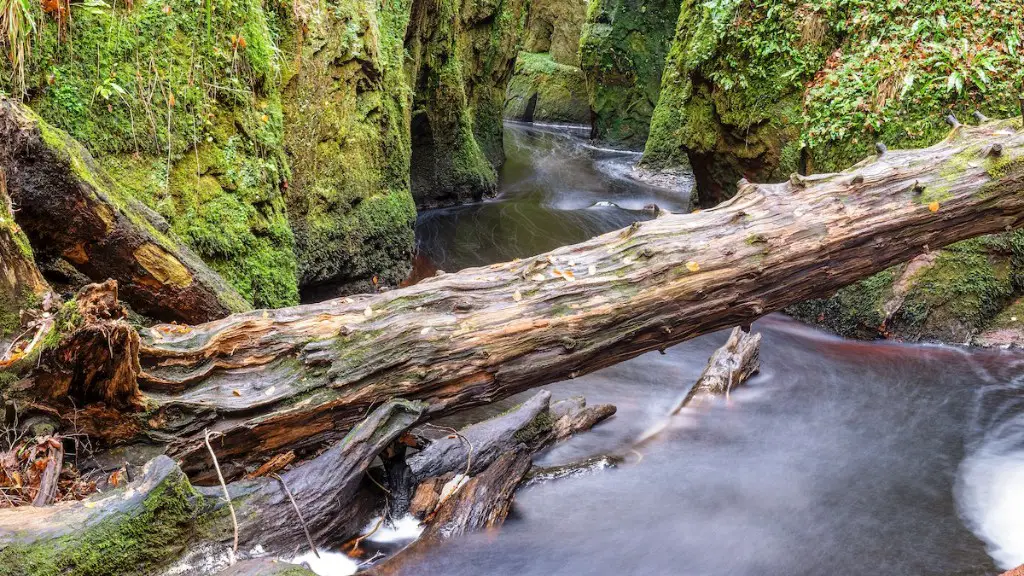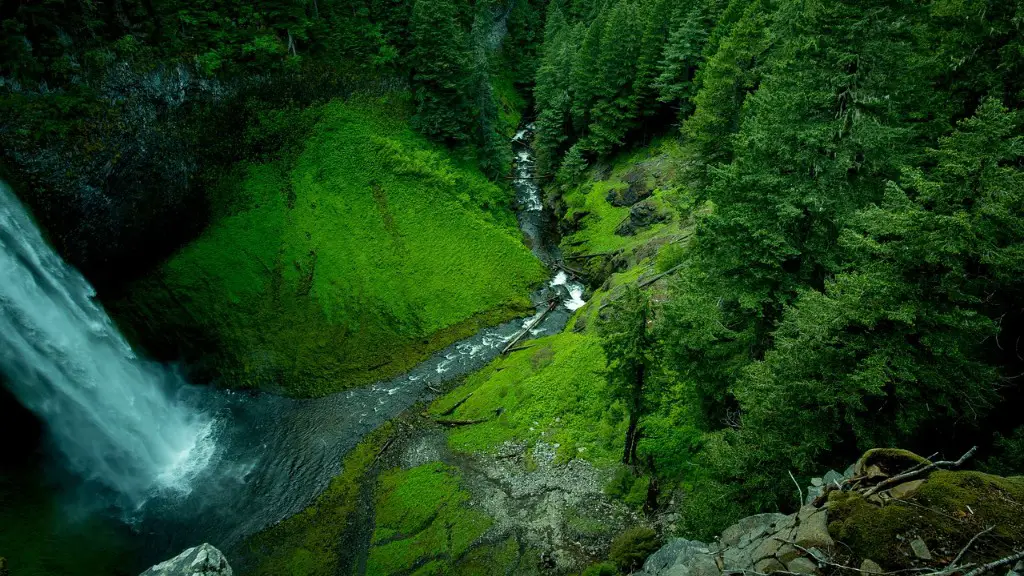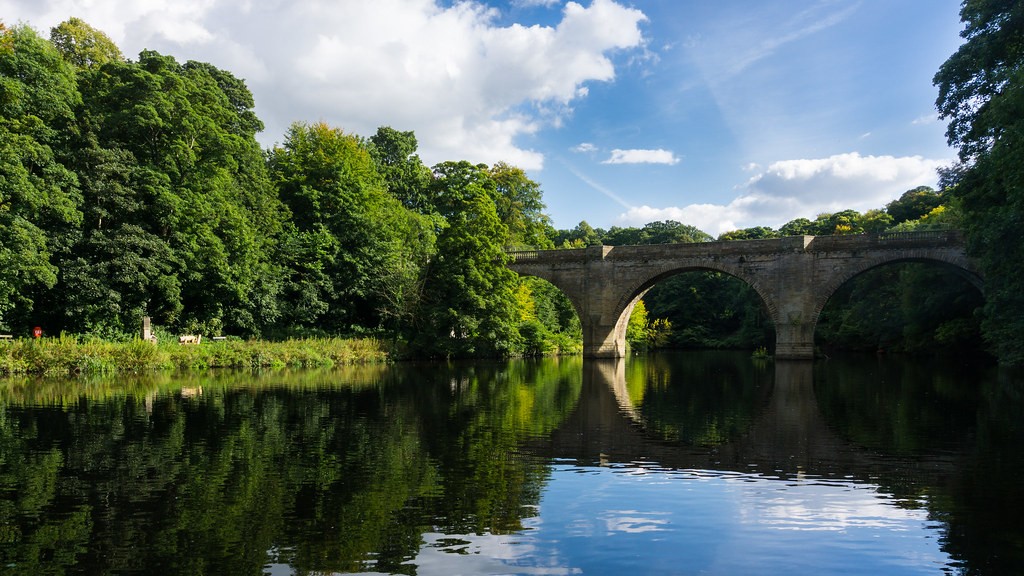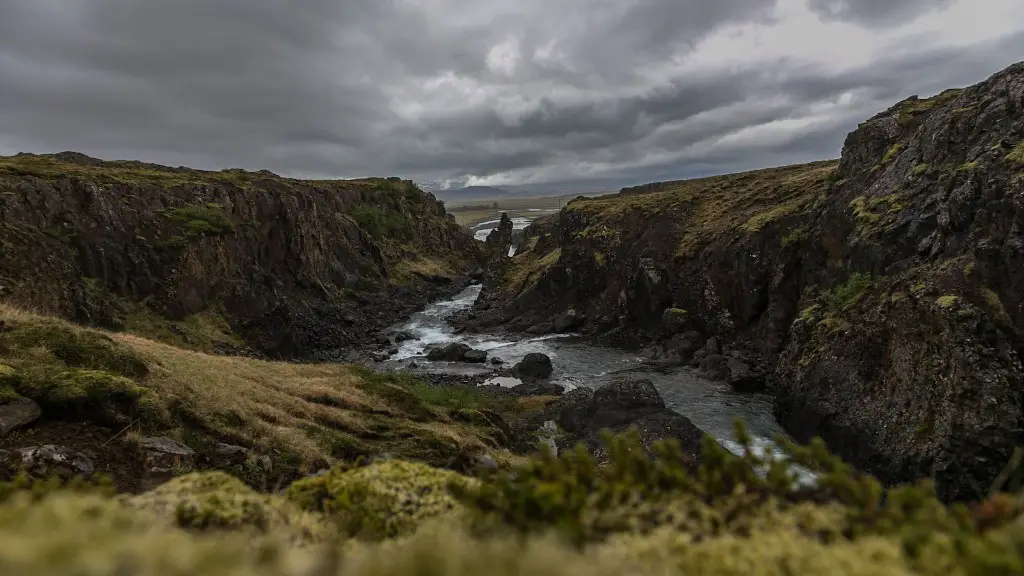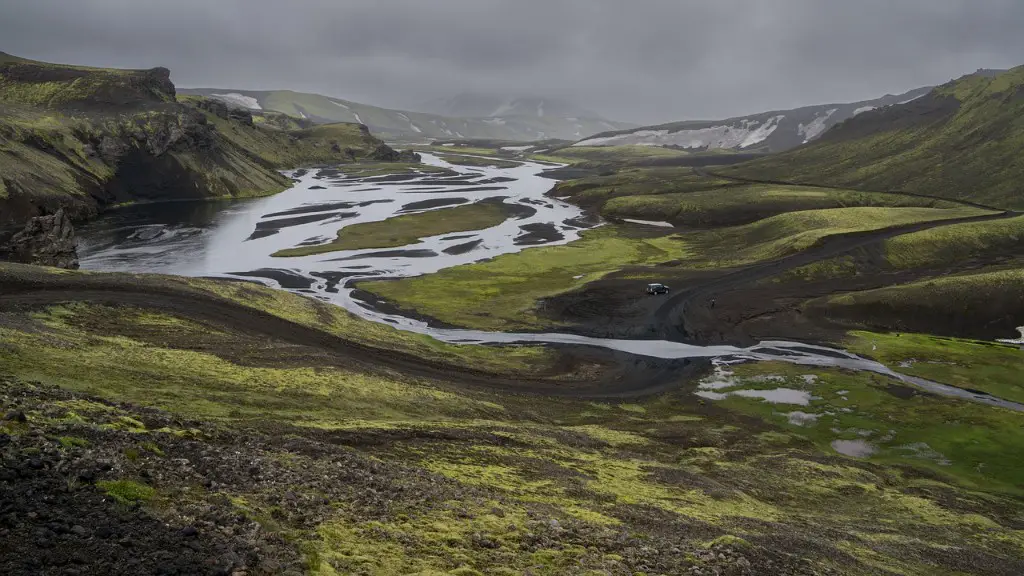The Nile River is the lifeblood of Egypt, providing the nation with a source of water and the transportation of goods. For the ancient Egyptians, who lived and farmed along the banks of the Nile, the river was an essential part of survival, providing water, food, and transportation. The ancient Egyptians relied on the Nile for a variety of uses–from agricultural to religious.
The ancient Egyptians used the Nile as a source of irrigation, making it an important factor in the success of their agricultural endeavors. The Egyptians built an intricate network of canals and aqueducts, allowing them to regulate the Nile’s water flow, allowing the water to flow into and fertilize the fields. The Nile was also the primary source of fish for the ancientEgyptians, providing them with a steady source of food. In addition to being a source of sustenance, the Nile provided the ancient Egyptians access to the Red Sea and beyond, allowing them to trade goods and ideas with other civilizations.
The Nile was also important to the ancient Egyptians in a spiritual sense. They believed that without the regular flooding of the Nile, they would be unable to replenish their soil and would be unable to grow crops. The Egyptians worshipped the Nile as a way of honoring the forces of nature and making sure their harvests were successful.
Though the use of the Nile has changed drastically over time, its importance to the Egyptians remain the same. The river is still used for irrigation, trade and provides food. In recent years, the Egyptian government has built a series of dams to control the river’s flow and has developed a comprehensive water-management system. In addition, the river has been used for tourism and leisure; travelers come from all over the world to explore its banks and enjoy some of the world’s best fishing spots.
The Nile is an integral part of the Egyptian culture, past and present. Its role in food production, transportation and spiritual life has been essential throughout the history of Egypt. Today, it remains a vital resource and an important part of many people’s lives.
Role in Egypt’s Economy
The importance of the Nile River to Egypt’s economy is undeniable. The river enables Egypt to be a major producer of food, with it’s large amount of arable land. This allows for agriculture to flourish, providing not just food, but exports to foreign markets. Additionally, it gives a large number of people the ability to gain employment from farming and related professions. Furthermore, the Nile River provides the region with water for industrial activities and electricity since many forms of hydroelectric power depend on the natural flow of the river.
The river also provides a transportation network. Long before cars and planes, people relied on the river as a main transportation route. This provided Egyptians with the ability to move goods to other locations, even to distant parts of the world. This increased the number of trade routes and strengthened Egypt’s economy by allowing a larger number of trades and transactions.
Finally, the Nile River is a major tourist destination today. Hundreds of thousands of people travel to Egypt year-round to experience the unique culture, food, and history. By visiting popular attractions along the river, such as the Giza Plateau and the Valley of the Kings, travelers bring money that helps boost the economy.
Contemporary Management Strategies
In recent years, modern management strategies have been developed to help protect the Nile River from overuse and abuse. The Egyptian government, in partnership with the United Nations and other international bodies, has enacted conservation strategies and infrastructure projects to provide for better management of the river. These strategies include establishing water-management systems such as irrigation, dams, and reservoir systems. Additionally, water-conservation campaigns have been launched to educate people on the importance and value of freshwater resources.
Other measures have been taken to protect the natural beauty of the banks of the Nile. Conservation efforts include the restoration of endangered wildlife species and the modernization of ports, harbors, and airports to better aid in the transportation of goods. These measures are all taken to ensure that the Nile continues to remain an important artery of commerce and life for the people of Egypt.
In addition, government and international organizations have also been working to help improve air, water, and soil quality in the region. These efforts come in the form of improved waste management, water treatment plants, and efforts to reduce various forms of pollution.
Finally, the Egyptian government is committing billions of dollars to constructing dams and other structures to provide for better flood protection and to increase access to clean water. These efforts are crucial in ensuring the safety of the citizens of Egypt as well as for maintaining the long-term health of the Nile River.
Social Impact at a Local Level
The Nile has had an extensive impact on the way of life in the region. The river’s role as a major source of sustenance and shelter has sustained the people of the region for centuries, and it continues to have an immense impact on the local population. For the physical, social, and political well-being of the people of the area, it is essential that the Nile River is properly managed and maintained.
At the local level, the Nile provides a reliable source of water and a vast network of fishing opportunities. It is estimated that around 20% of the total catch in Egypt is obtained from the Nile. Furthermore, local communities depend on the river for their economic livelihoods, as many people in the region are involved in some form of fishing, farming, or tourism related to the river.
In terms of cultural impact, the Nile was essential for the development of ancient Egyptian civilization. It was used for transportation, and provided an essential connection to the gods and goddesses of the area. The river also played a major role in developing the economy of the region because it enabled the trading of goods, such as textiles and spices. The Nile also provided an essential link for the region’s education system, as schools were established along its banks.
Today, the Nile is still an important part of the region’s social fabric. It continues to provide opportunities for fishing, farming, and tourism, and is the source of the region’s fresh water supply. It is also an integral part of the region’s religious and cultural life, with many people believing in a spiritual connection to the river. The Nile River is a vital part of the Egyptian identity, and its importance is only growing.
Environmental Impact
The Nile River has also had a tremendous environmental impact on the region. It is home to many animals and plants, some of which are endangered, and is an essential water source for millions of people. For example, the Nile River is populated with a number of giant catfish species, which are threatened by overfishing and pollution.
In addition, the river is heavily polluted due to the cities and industries that line its course. The high salinity levels and runoff from chemical plants and other sources have caused a decrease in the quality of the water and have affected the health of fish and other marine life. Furthermore, the presence of dams has changed the river’s natural flow, reducing its oxygen content and disrupting the traditional migration patterns of the local fish populations.
The government of Egypt has implemented several measures to address these environmental concerns. These include water-conservation campaigns, tighter regulations on industry, and the construction of new dams. So far, these efforts have successfully reduced the amount of pollution present in the Nile and have led to a significant increase in fish populations.
Though the Nile River has been a source of life for the people of Egypt for centuries, it is essential that the government of Egypt continues its efforts to preserve the health of the river. By instituting proper management strategies and regulating the flow of the river, it is possible to ensure that the Nile remains an important source of life and sustenance for future generations.
Conclusion
Considering its geographic and historical importance, the Nile River remains a vital part of the Egyptian identity. The river has been a source of food, transportation, and spiritual sustenance for the people of Egypt since time immemorial. The importance of the river has not diminished, as it continues to provide a foundation for the regional economy and is an integral part of the region’s social fabric. The Egyptian government is working hard to ensure the long-term health of the river and to protect it from pollution and other sources of degradation. The importance of the Nile River to the people of Egypt will remain for many generations to come.
